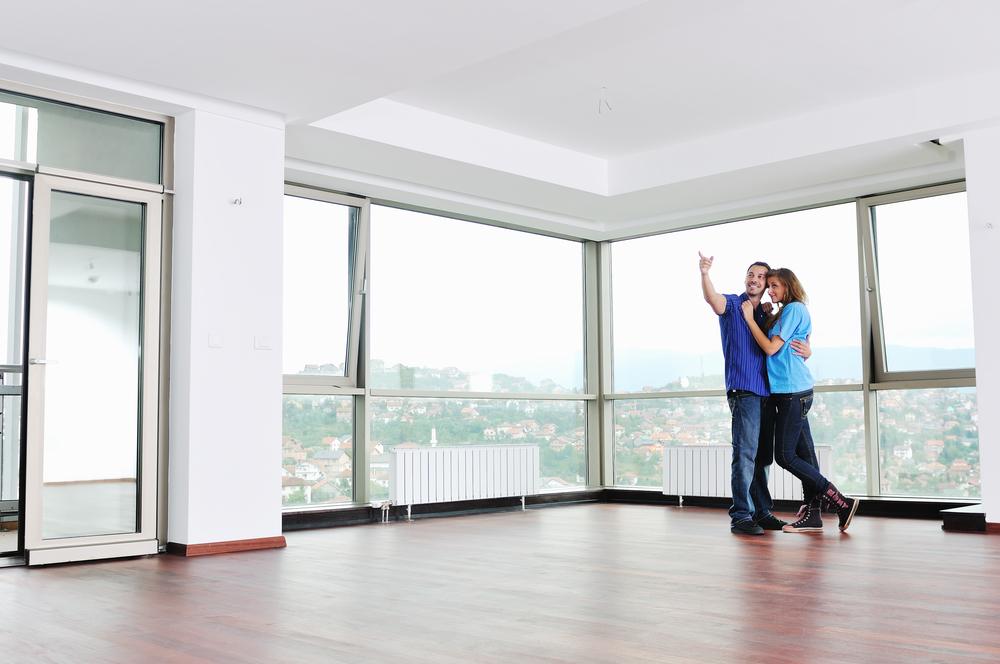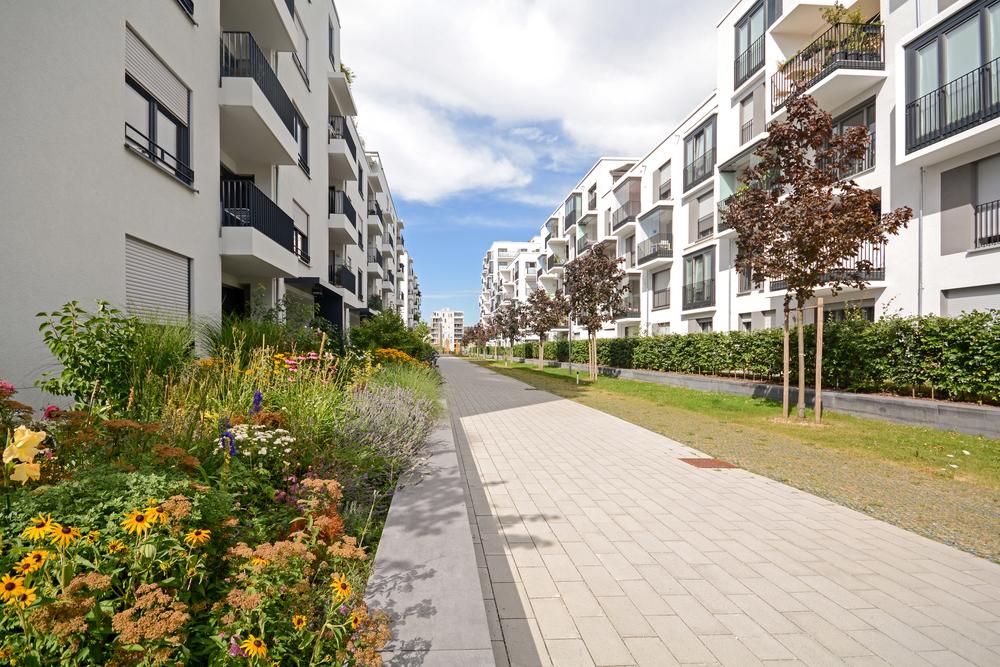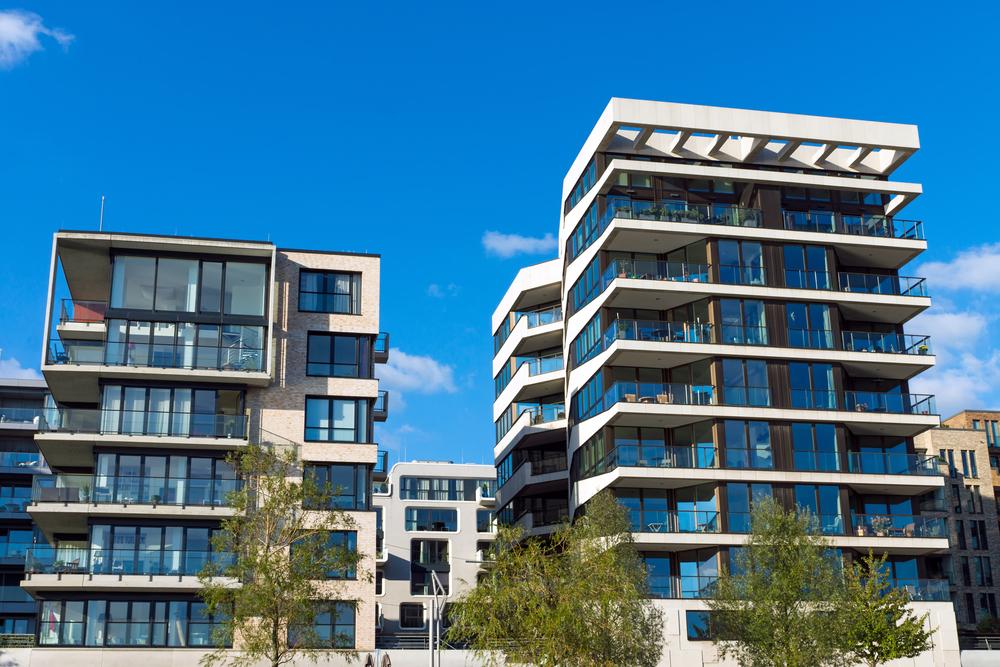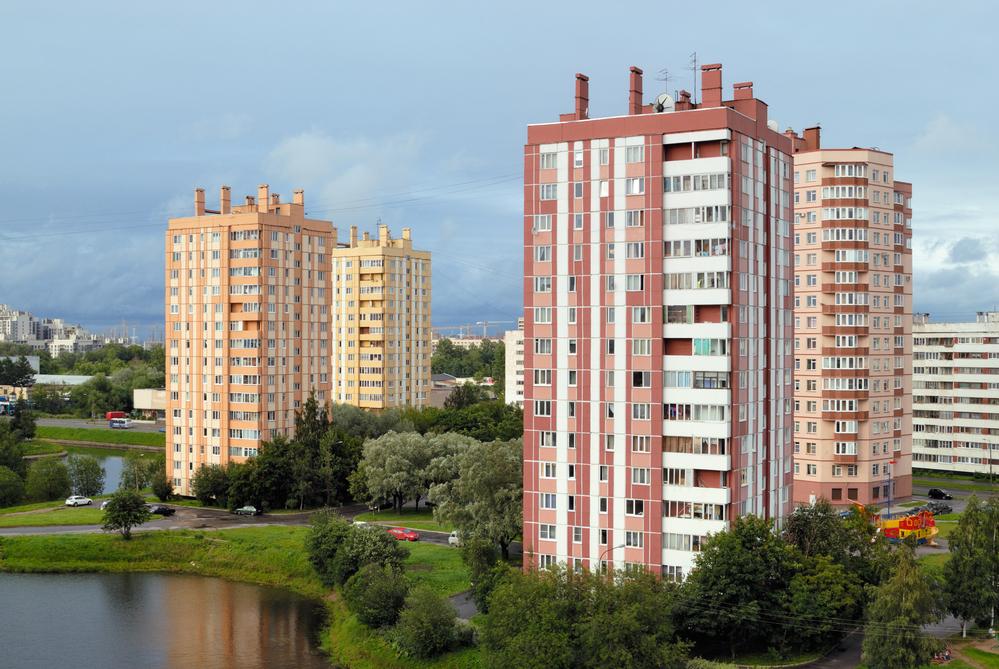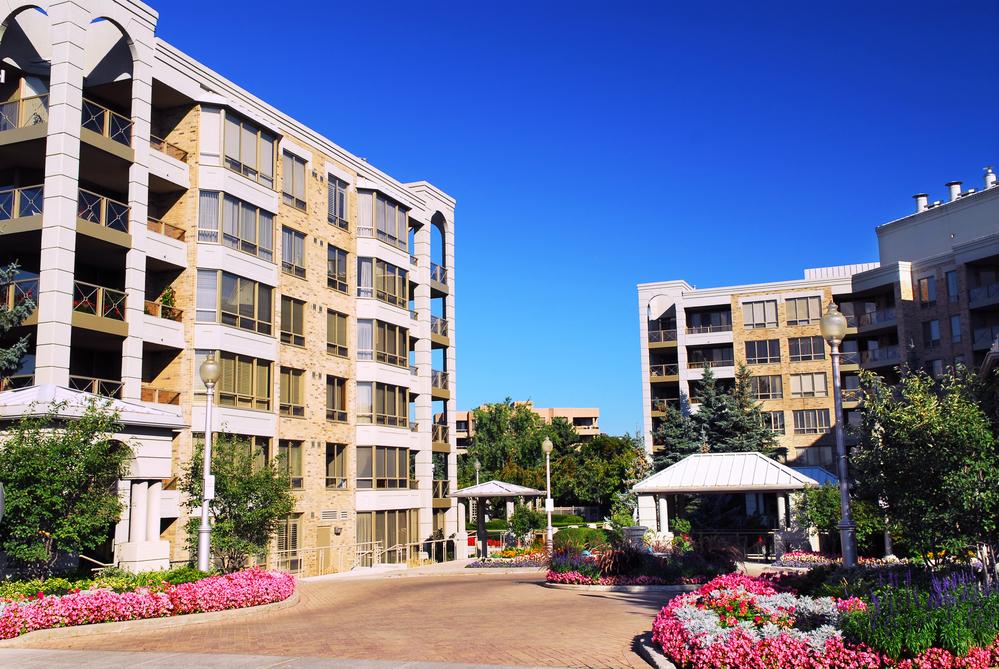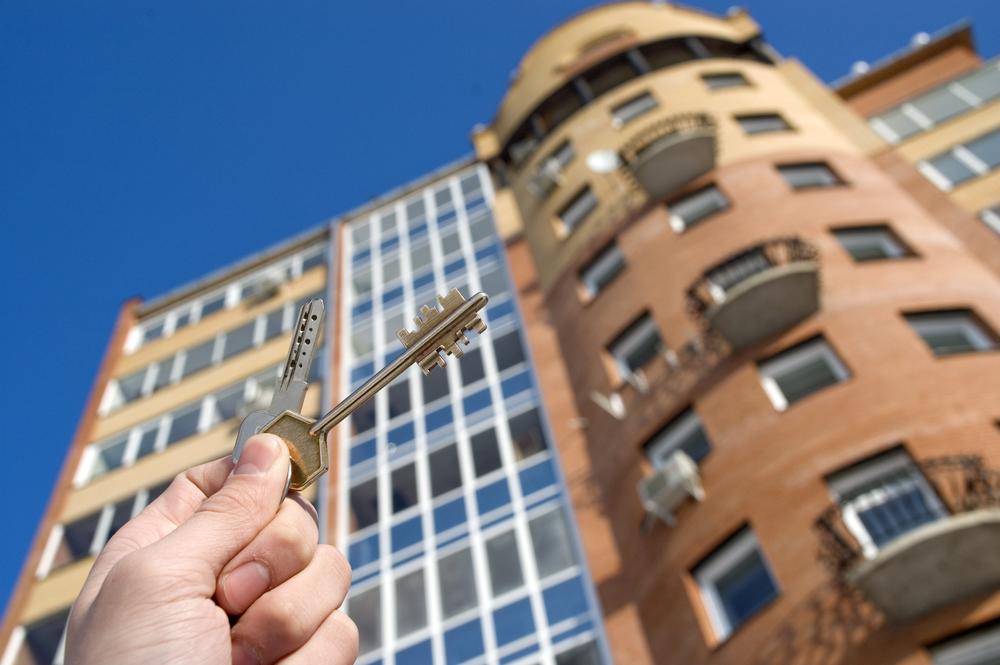Co-living company Hmlet, a homegrown operation, Hmlet has announced its debut hotel property -the Owen House by Hmlet The hotel has 106 rooms situated at 2 Owen Road in Farrer Park. This is the first hospitality property owned by Hmlet and will be operated under its own brand name and managed by its own management team.
Kassia Flora Drive floor plan has 280 residential units on a 150,840 sq ft plot in various configurations ranging from one to four bedrooms.
“As Hmlet expanded its range of services for residential customers through the years, the business has grown and developed its capabilities to run operations and in-house expertise in design, which is why we have the ability to get into the hospitality market,” says Joshua Li Hmlet’s chief property officer.
“Hotels can be a natural evolution for us, in terms of being able to provide an array of accommodation options as part of the company’s value offering,” says Li. Li also says that the company was considering whether to establish and manage the management of a hotels property with its own name name for a long time, but the Covid pandemic delayed the plan.
So, when the opportunity was presented last year to Hmlet to collaborate with TCRE Partners and JMD Group for the hotel that is located situated at 2 Owen Road, it was an opportunity Hmlet would not wish to be missing, according to Giselle Makarachvili who is the CEO of Hmlet.
The hotel’s freehold property is the previously owned Fortuna Hotel that was sold for $85.8 million in April 2022. The hotel was purchased by an entity equal in ownership between JMD Group and TCRE Partners. The agreement with Hmlet was officially announced in November of last year.
The right time is now to start Owen House by Hmlet to profit from the growth in leisure and business travel to Singapore Says Makarachvili.
Other current market trends like the escalating residential rents and the lack of accommodation for short-term stays in Singapore are also a reason to consider the opening of an hotel property and is likely to increase Hmlet’s range of accommodations according to Li.
Modern Art Deco inspiration
The design and style that characterize Owen House are meant to be light and fun and steers clear of being ostentatious and modernist, which could be to be considered in the area, says Li. “The concept behind the hotel is a contemporary rendition that is a modern interpretation of Art Deco and the Art Deco-style shophouses that line the adjacent Rangoon Road as well as Kitchener Road,” he declares.
As an example, a common aspect throughout the hotel as well as in each room is the arches. They are supposed to represent the style of architecture that was prevalent in the Art Deco-styled shophouses. On the first level, the lobby is adorned with a the concrete floor with a texture, and the room is accentuated by striking black and bold metallic lines.
The lobby is the main central feature of the hotel. Hmlet is planning to make it an area that is accessible to everyone. Its appeal is enhanced with an island-style bar named Sunlight and Moonshine which is run through the Hotel. The bar offers grab-and-go special coffee throughout the day and then transforms into a 1920s-themed bar with cocktails at night.
Li credits the vision of design to the design team in-house at Hmlet which is a skill is not the case for other operators of flexible living in Singapore are able to offer. “The design team is extremely concerned about the standards of our brand throughout every one of our properties. Each space is customized to that Hmlet brand and portrayed in a unique way at each of our properties,” he says.
Owen House offers seven different rooms that are two and one-bedroom units in various dimensions. The smallest of them are one-bedroom Queen rooms that range from between 189 and 275 square feet and studios that come with fully-equipped kitchenettes which range from 243 to 270 sq feet.
Rooms that are larger for up to four guests. These include two-bedroom luxury and two-bedroom suites, which vary from 450 to 564 square feet. The hotel also provides the family room, which has an outdoor balcony of 407 sq feet. There are also numerous Owen Suites equipped with a kitchenette as well as a eating area for long-term stays. These suites span between 374 and 439 sq feet.
A wide choice of accommodations
“Before Owen House, we recognized a gap in our selection for short-term stay, particularly for those who wish to stay less than 6 nights” Says Makarachvili. She also says that most business and leisure travelers to Singapore stay in Singapore for the equivalent of about three to four days. They use Singapore as a base to travel to other destinations across Southeast Asia.
“The purpose for our model of business is to reach every type of residential property population demographics” the CEO says. Therefore, Hmlet distinguishes itself through its vast array of options for flexible accommodation.
For instance, its Hmlet Homes portfolio offers the typical co-living arrangement, which pairs individuals with tenants and consists of shared apartment units. It has proved popular with workers and students. Typically, tenants lease a space for 9 to twelve months.
Hmlet has expanded its offerings in 2021, with a private, turnkey residence known as Hmlet Nest that is targeted at couples from the local community as well as expatriate families. The launch was due to a rising demand from the market for flexible living arrangements in Singapore and Singapore, where families typically rent a house for more than one year.
In the end, its Boutique Collection comprises the 145-room Hmlet Cantonment as well as the Owen House, which is 106 rooms. Owen House hotel. Hmlet Cantonment is the operator’s largest co-living property across its portfolio, and was introduced in the year 2019. The typical bookings at Hmlet Cantonment run under six months and the property provides one-bedroom units ranging from up to 280 square feet and two-bedroom units ranging from up to 441 sq feet.
The launch the doors of Owen House, Hmlet has the full range of accommodations choices for very short-term stays for tourists and travellers and private residential leases for couples and families, and long-term co-living options for individuals and corporates.
“We haven’t considered the millennials as our only target audience; rather, we’d like to appeal to a broad spectrum of targeted audiences, from corporate tenants to family members to professionals. Additionally, Owen House helps us to complete the necessary forms for the short-term stay we didn’t have,” says Makarachvili.
“The primary goal isn’t to lose clients and, if somebody signs an agreement to renew their lease or book an apartment with us and they decide to stay for longer in Singapore We have an option that will meet the requirements of those who are interested,” she says.
70% lease renewals in 2022
According to Makarachvili 2022 was 2022’s most successful year that the operator of flexible living has enjoyed in Singapore. A limited private rental market and quickly increasing rents resulted in an extremely high percentage of lease renewals and inquiries.
She states that around 70% from their lease holders whose contracts were scheduled to renewal in the last year chose to extend their lease through Hmlet. “The remaining tenants who did not renew with us were groups and individuals who left across the nation.”
She also says that only a handful of people had left an Hmlet property to sign the direct rental arrangement with an owner.
In general, the rise in residential rental prices for private homes in recent months have helped to put cooperative living and other flexible properties as more reasonable and appealing view for renters who are renting Li says. Li.
In 2022 as a whole the prices of renting residential properties in Singapore rose by 29.7% y-o-y. This was the biggest annual increase since 2007 , when rents soared to 41.2% y-o-y at the time.
“Co-living is a more appealing option with lease flexibility. With the uncertainty in the macroeconomic outlook this year, we’re more suitable for those looking for housing,” says Li.
As a well-established co-living company with a long-standing presence in Singapore, Hmlet has grown along with the local co-living and flexible living sector in Singapore. Li recalls that in 2018, when Hmlet completed its Series-A financing as a startup, the majority of the investors who were willing to invest in it were family offices as well as entrepreneurs with high net worth.
“Today the market for co-living has institutional capital flooding into the marketplace, along with well-established families and funds for investment” the author declares. “Hmlet is always in contact with institutions and institutional funds in Singapore, Hong Kong, and other markets.”
In addition, he states that the market has gone several ways to demonstrate its resilience in times of crises, since the co-living market in Singapore has been able to weather the Covid-19 pandemic with ease. “Post Covid-19, assets from co-living demonstrate that their total yield is extremely robust. In addition in the case of Hmlet we’ve demonstrated that we are able to access the short-term portion and provide full operational assistance,” says Li.
Makarachvili states that the faith investors and consumers are placing for Hmlet has also increased in leaps and leaps and. “We have demonstrated our strength in competitive position in the market and our capability to manage and run whole building,” she says.
She also says that the majority of those seeking short- and long-term housing in Singapore and landlords and property owners recognize that co-living is more than just affordable housing for the millennial population. “As the result, we’ve had requests from a broad variety of backgrounds, including professional individuals, corporate bookings and even individual reservations,” she notes.
Fusion with Habyt
However, some structural changes affected the local Hmlet in the past year. The most notable change was the merging with European co-living operator Habyt Group in April 2022. The deal led to Hmlet becoming part of the Habyt Group which includes the world portfolio that includes more than 8,000 coliving and living units with flexible arrangements spread in 10 countries and 20 cities.
In the end, Makarachvili is also the head of Habyt. as director for Asia Pacific (Apac) at Habyt as well as Li is the head of the head of expansion at Habyt, Apac. Both work under Lucca Bovone, founder and CEO of Habyt.
Between 2020 to 2021 Hmlet experienced a series of setbacks. The first was in November of 2020, when it announced that it had terminated its five-year master lease that was used to manage as well as lease 43 homes in Lumiere at Tanjong Pagar. In June 2021, an Australian co-living company took over one of the properties in Sydney Hmlet St. Peters. The time was when Australian press reported Hmlet had left the Australian market with around A$500,000 of outstanding dues.
According to Makarachvili the reason for this merger Habyt was about supporting Hmlet’s regional expansion plans as well as leveraging an international network to aid the company’s growth.
“We benefit from potential synergies (as an affiliate of Habyt Group) and benefit from lead generation, exposure, a larger market presence, as well as the trust of our members,” she says. “We would like to join forces with a company with a global presence. This is an essential element for any co-living business.”
Li claims that the business is taking a risky approach to expanding into Asia and is looking for local real estate brokers to assist them in unlocking existing properties.
Hmlet currently has co-living homes located in the 23 properties within Hong Kong, as well as co-living units located in Tokyo, Japan. The company is expected to launch co-living units in at least six additional Tokyo residential buildings before the end of the year.
Looking ahead, Makarachvili believes she believes that Kuala Lumpur residential market is one that the company is hoping to expand rapidly in the coming years. It’s got all the qualities of a desirable gateway city that offers affordable co-living homes to grow and thrive despite the high rents she says.
As per Li and Makarachvili, they’re watching closely for the rising interest rates which will increase the cost of financing as well as the rising construction costs that could impede the short-term expansion plans for this year. But, they are happy with the growth in the local hotel market and are expecting Owen House to see high and constant occupancy in the next few months.


